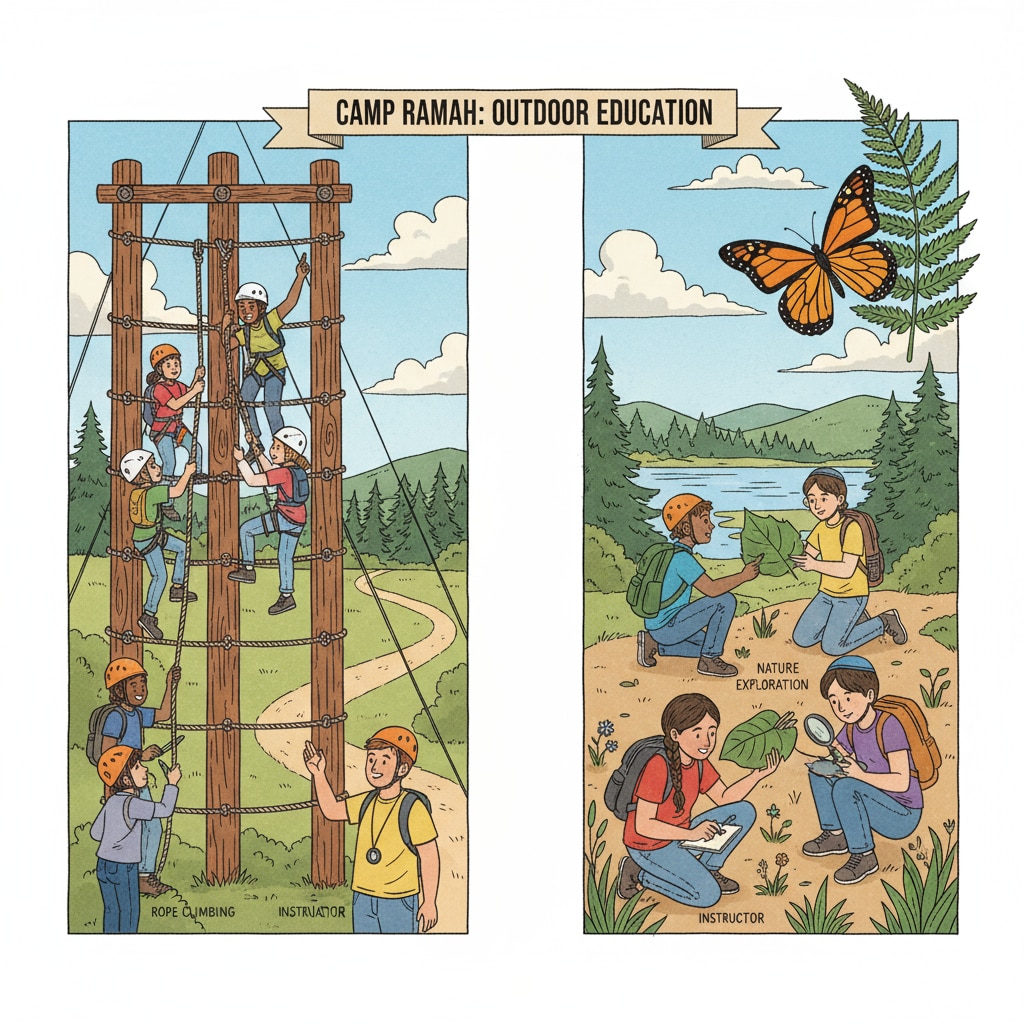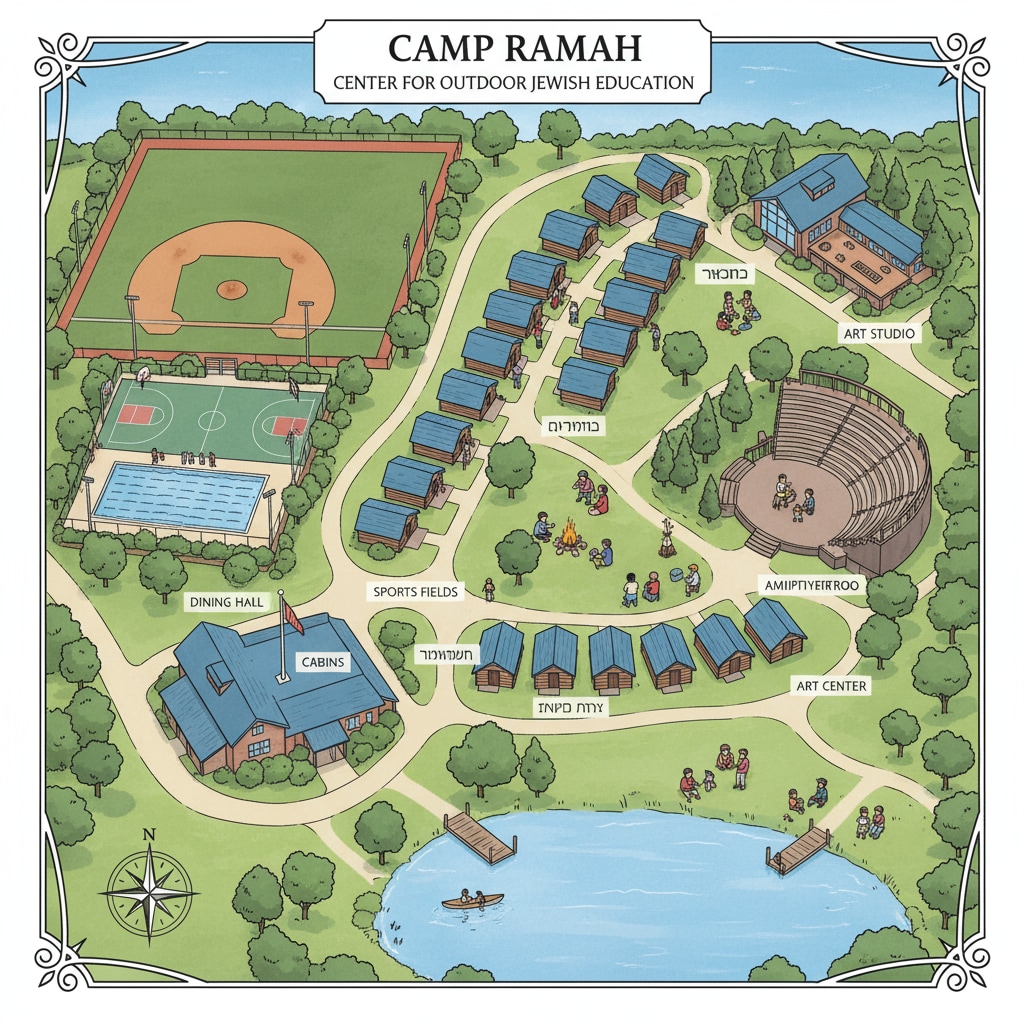School contracts, Camp Ramah, and outdoor education are topics that have sparked discussions in the realm of K12 education. When public schools enter into partnerships with external organizations such as Camp Ramah for outdoor education initiatives, a delicate balance must be struck. The concept of public-private partnerships in K12 education is not new, but it requires careful scrutiny to ensure that the values of the partners align with the principles of public education.

The Significance of Outdoor Education
Outdoor education offers a unique and enriching experience for students. It allows them to connect with nature, develop practical skills, and build teamwork and leadership abilities. According to The National Association for Interpretation, outdoor education programs can enhance students’ physical, mental, and emotional well-being. These experiences are often seen as complementary to the traditional classroom learning environment. For example, activities like hiking, camping, and nature studies can provide hands-on learning opportunities that textbooks cannot replicate.
The Role of Camp Ramah in Outdoor Education
Camp Ramah is an established institution in the field of outdoor education. It has a reputation for providing quality programs that engage students. However, when schools enter into contracts with Camp Ramah, they need to assess how the camp’s values align with the public school system. As stated on Camp Ramah’s official website, their programs are based on certain principles. Schools must ensure that these principles do not conflict with the diverse values and beliefs of the student body and the broader community.

One of the main concerns is the potential for a particular ideology to be subtly or overtly promoted during the outdoor education programs. Public schools are meant to be inclusive institutions that serve all students regardless of their backgrounds. Any hint of a specific ideology being pushed can create an uncomfortable or even discriminatory environment for some students. Therefore, it is crucial that the content and approach of the outdoor education programs are neutral and inclusive.
In addition, when considering school contracts with Camp Ramah or any other external entity for outdoor education, transparency is key. The terms of the contract, the curriculum of the programs, and the qualifications of the instructors should all be clearly defined and made available to the public. This transparency helps to build trust among parents, students, and the community at large.
Readability guidance: By using short paragraphs and lists, we can clearly summarize the key points. For example, in this section, we have listed the importance of transparency in school contracts. We also keep the proportion of passive voice and long sentences in check, and use transition words like ‘however’ and ‘therefore’ to make the flow of the article smooth.


